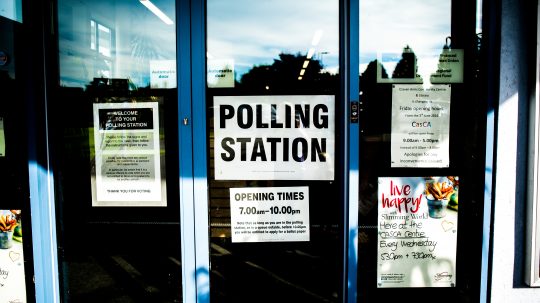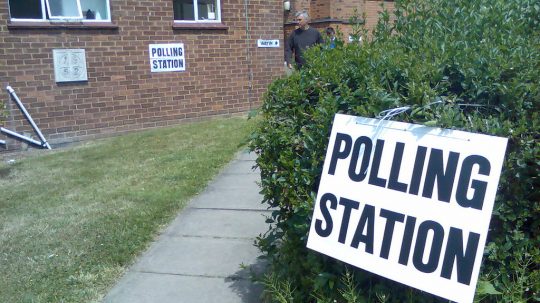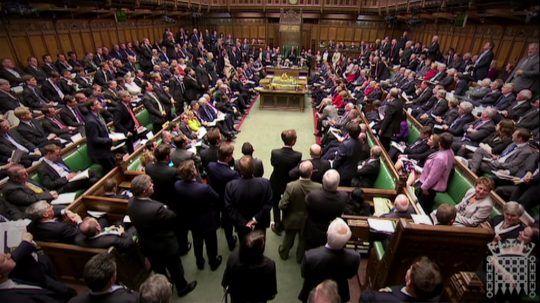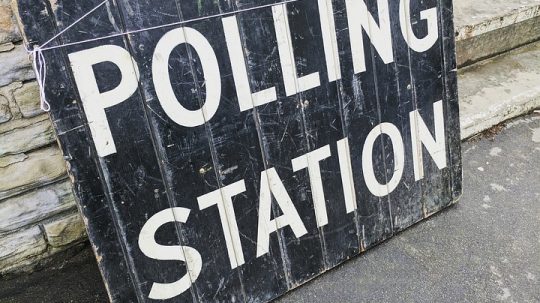A new bill could prevent millions of people from being able to vote, according to a report published by the Joint Committee on Human Rights (JCHR).
The Elections Bill, currently in the committee stage at the House of Commons, will require voters to show photographic ID for UK parliamentary elections in Great Britain, local elections in England, and Police and Crime Commissioner elections in England and Wales.
Access to free elections is enshrined by the Human Rights Act in Article 3 of the first protocol. As many people in Great Britain do not have the necessary ID, passing the bill could directly infringe on this right.
The bill also proposes new rules for postal and proxy votes, a new punishment for intimidatory behaviour and new powers for the electoral commission. A factsheet on the bill stated: “A broad range of documents will be accepted, including passports, driving licences, various concessionary travel passes and photocard parking permits issued as part of the Blue Badge scheme.”
It’s not a problem that needs to be solved, because there is no problem
The government says the bill is required to prevent voter fraud in UK elections by preserving the integrity of our democratic processes. “Our democracy is precious, and to continue to protect it, we need to update our laws to ensure they are fit for purpose and in line with the modern world,” said Chloe Smith, minister of state for the constitution and devolution. “The Bill will strengthen the integrity of our elections, by increasing transparency, fairness and accountability; providing more protection for candidates and voters; and making our polls more inclusive.”
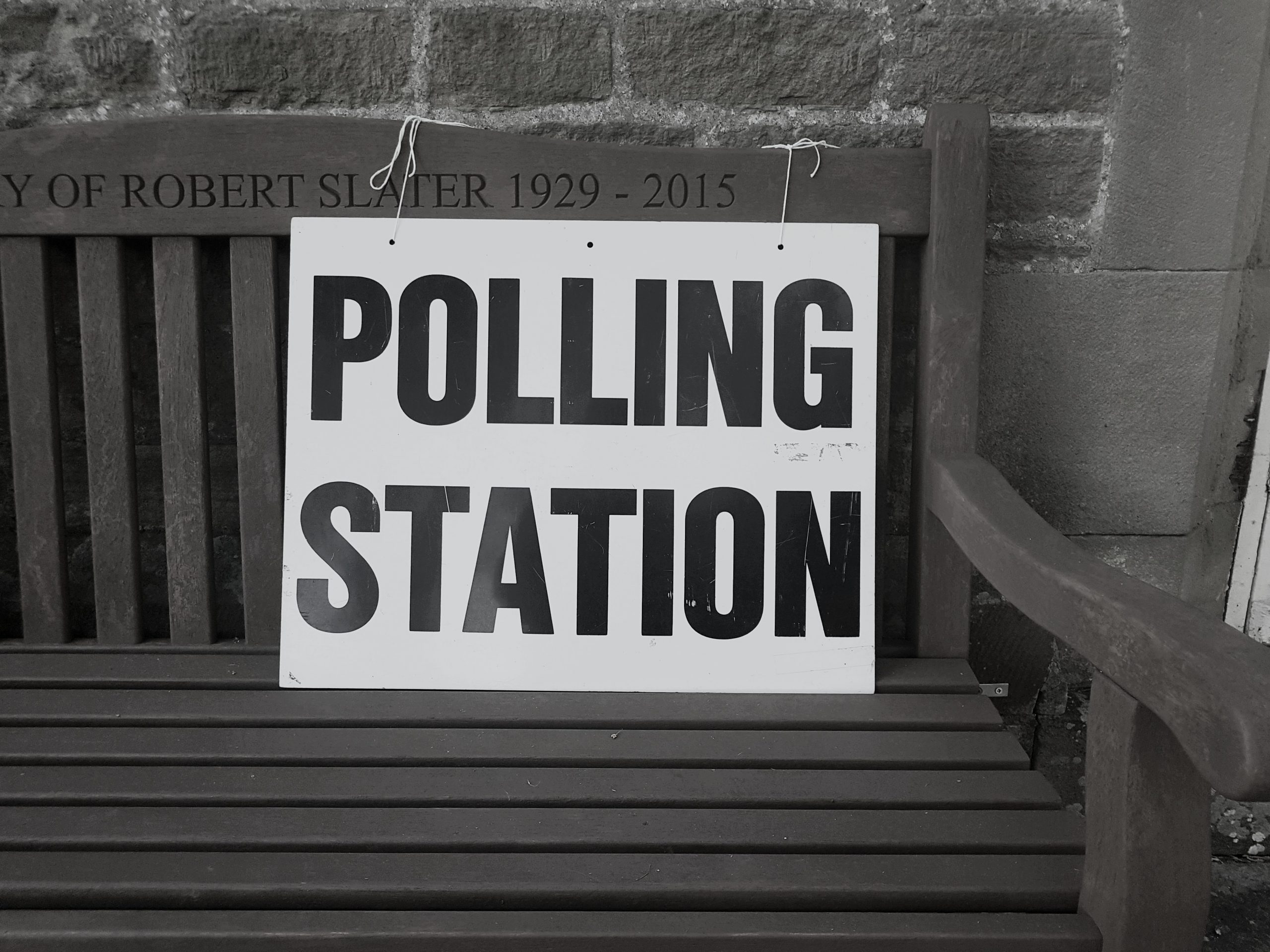
Credit: Steve Houghton Burnett / Unsplash
However, there were only six known cases of voter fraud at the last election, which former health secretary Matt Hancock admitted to in May. In 2019, there were 595 cases of alleged voter fraud investigated by the police, but only four led to a conviction.
Although supporters claim that the bill will shield our elections from corruption, its introduction could shut out millions of voters. The JCHR UK-wide study commissioned by the Cabinet Office revealed that more than two million people do not have the necessary ID to take part in UK elections.
The JCHR’s report warned that the government must “do more to demonstrate the need for voter ID and mitigate the potential barriers to voting its proposals may create”.
Those who do not have acceptable forms of ID will have to apply for a free voter card or lose the ability to vote at polling stations. The bill could also pose a risk to Article 14 of the Human Rights Act, which protects against discrimination.
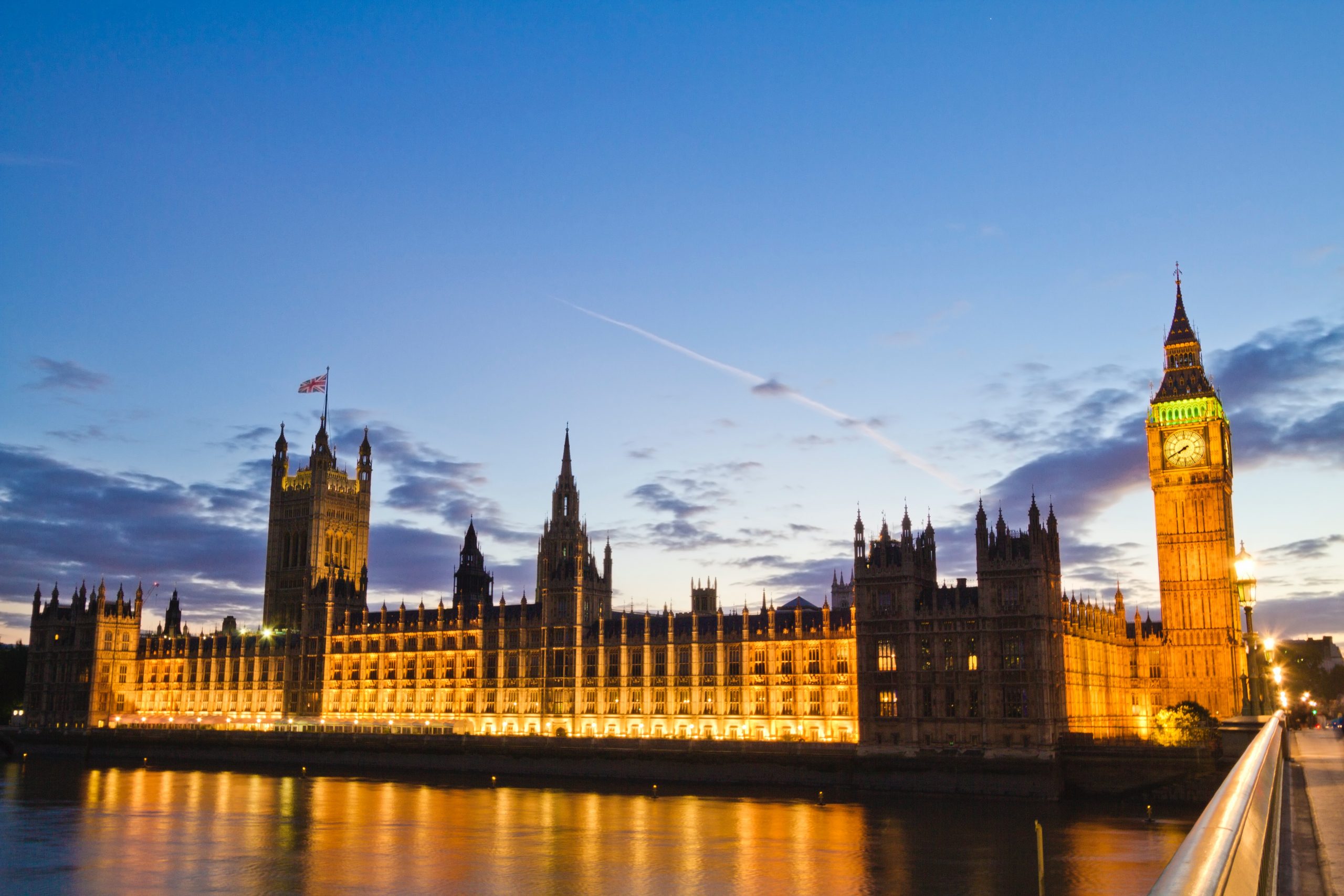
Credit: Michael D Beckwith / Unsplash
The report warned that older people and disabled people are less likely to have photo ID and that some ethnic minority groups may be hesitant to apply for the voter card alternative. White people are also most likely to hold one form of photo ID: 76% compared to 31% of Asian people and 48% of Black people.
“It’s not a problem that needs to be solved, because there is no problem,” said Michele Theil, a freelance journalist. “We’re introducing a measure that doesn’t need to be introduced. It could impact a lot of marginalised people. Even a provisional licence costs £20, so a low income family might need to put food on the table that night and can’t afford to pay for an ID for everyone in the family to go vote.”
Research by the Cabinet Office showed that 42% of those with no photo ID said they were unlikely to apply for one.
“The government have failed to make a credible case that these measures are necessary just as they have failed to take any serious steps to reduce the negative impacts of these dangerous proposals,” said Dr Jess Garland, director of policy and research for the Electoral Reform Society. “Make no mistake, voter ID will see legitimate voters turned away from the ballot box and, as this report warns, it’s likely to be those already marginalised in society such as the elderly, the disabled and Black, Asian and minority ethnic communities.”



